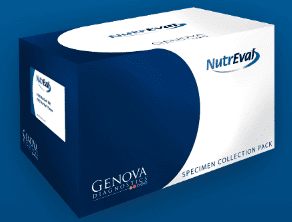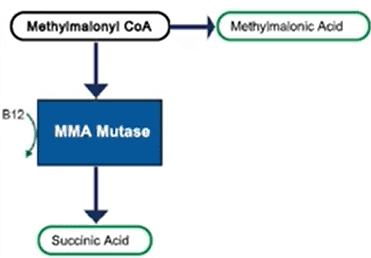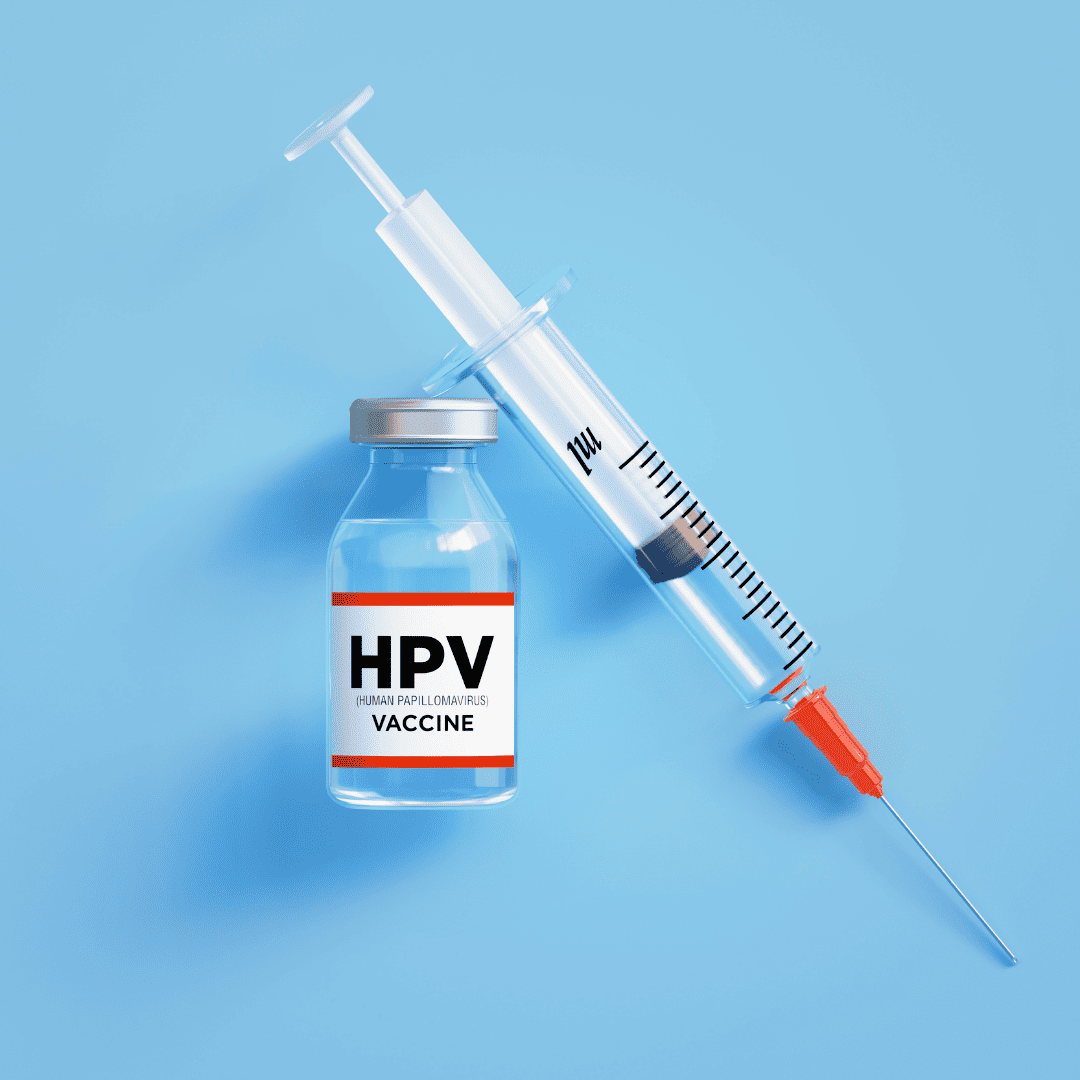It’s a new year and time for a new you!
Kind of cheesy, huh! Ha!:) But it’s honestly true.
Time to take the bull by the horns and commit to yourself. THIS year is gonna be different and you are going to get your health in order FOR GOOD!
For years clients have requested that I find some type of vitamin/mineral status test to run for them – to determine deficiencies/excess and see what they actually NEED.
I order a lot of blood work and most standard lab vitamin and mineral values are, for the most part, a waste of time and pretty useless. From blood panels I can assess some nutrient levels, but they remain challenging to assess properly. Then there are numerous companies that sell their labs only to sell their own supplements as “fixes”.
Something to understand is evaluating lab values is an art. As a Naturopath I do not simply look for the “L” (low) or “H” (high) on a test – I read EVERY value and understand where it must fall to be functionally balanced.
But I have decided to research and determine which test might address the needs of my patients and meet my rigorous standards.
Enter the NutrEval test by Genova.

(image from genova.com)
I have used Genova labs over the years. They offer tons of tests. Most are super expensive, so I’ve shied away from them for the most part.
But with increasing needs arising from people wanting to see exactly where they stand nutritionally, I decided to investigate and see what lab I think offers the best option.
What do I like about the NutrEval?
First off, it’s SUPER comprehensive.
It’s a” functional” lab test – one that measures cellular needs and the biochemical pathways dependent on each nutrient vs. a standard blood test that rarely looks at a nutrient properly or accurately.
While the NutrEval offers the raw vitamin and mineral values I like that it also shows the importance of those vitamin and mineral cofactors in creating cellular energy and proper mitochondrial function. Cellular energy and mitochondrial function are crucial to our “healthy”, long-term survival.
What I mean is they test multiple biochemical pathways and the metabolites that are dependent on various vitamins and minerals. If a crucial biochemical step is unable to be taken because of a missing cofactor (vitamin/mineral) then there is a cascade of negative by-products that can result – just from ONE missing nutrient.
This test dives deeper than any other test I’ve found to identify and explain deficiencies and broken pathways that lead you down the path of disease creation.
Perfect example: Serum B12 test vs. Methyl Malonic Acid (MMA) test.
Serum B12 is supposed to assess B12 status in the body. It is HORRIBLY inaccurate and many B12 deficiencies are missed because of this test given false results.
Methyl Malonic Acid is a metabolite that is created in larger amounts when B12 is deficient. Methylmalonyl CoA is converted to Succinic Acid via B12 as a cofactor. Methyl Malonic acid is produced when there isn’t sufficient B12 to support the pathway to succinic acid. So if there is an elevation of MMA that suggests that there is insufficient B12 to follow the proper pathway. Testing MMA gives the greatest insight into B12 deficiency as it’s only produced when B12 isn’t there.

(image from genova.com)
Secondly, the NutrEval looks at needs both within the cell as well as outside of the cell. This gives us great information to assess far beyond just a simple deficiency but how far this deficiency reaches.
Thirdly, it looks at a few toxic elements like heavy metals.
Overall, the NutrEval assesses 125 biomarkers and points out trouble spots in cellular metabolism including markers for: oxidative stress (antioxidant need), mitochondrial dysfunction, omega fatty acid imbalance (inflammation load) and toxic exposure.
Some of the 125 biomarkers include:
- Antioxidants – Vitamin A, C, E, CoQ10, alpha lipoic acid, glutathione
- B vitamins
- Minerals
- Amino Acids – protein intake and utilization
- Essential Fatty Acids
- Neurotransmitter metabolites
- Detoxification pathways/metabolites
- Toxic metals (lead, mercury, etc)
While I love what the NutrEval offers in comprehensive data I still find that it is not on a true foundational level – still not fully answering the WHY.
And what are the main foundations that we need to also understand so we can use the NutrEval to the best of our abilities? The Gut Microbiome of course! But don’t forget hormones too!
If the gut microbiome is insufficient to produce B vitamins, neurotransmitters, detoxification factors, etc. then your nutritional needs and abilities will be affected.
If your stress levels (cortisol) are uncontrolled and poorly managed then you use up a hefty amount of B vitamins leaving you depleted.
Just look at the cascade of events. Poor gut microbiome or poor stress response can cause a huge downslide on the cellular and mitochondrial levels.
That’s why I say just taking a bunch of supplements will never support your body properly.
I’ve always said more supplementation is not better and if you have a deficiency we want to better understand the WHY. Do you have poor absorption, parasites, something stealing your nutrients – then it’s a gut issue; do you have a poor stress response – then it’s a cortisol or hormone issue. Do you have inflammation – then your body is using up nutrients too fast.
Using the NutrEval alone will give great information. Using it in conjunction with more foundational testing is the key!
There is ALWAYS a WHY!
Make this the best year yet!
Dr. K

